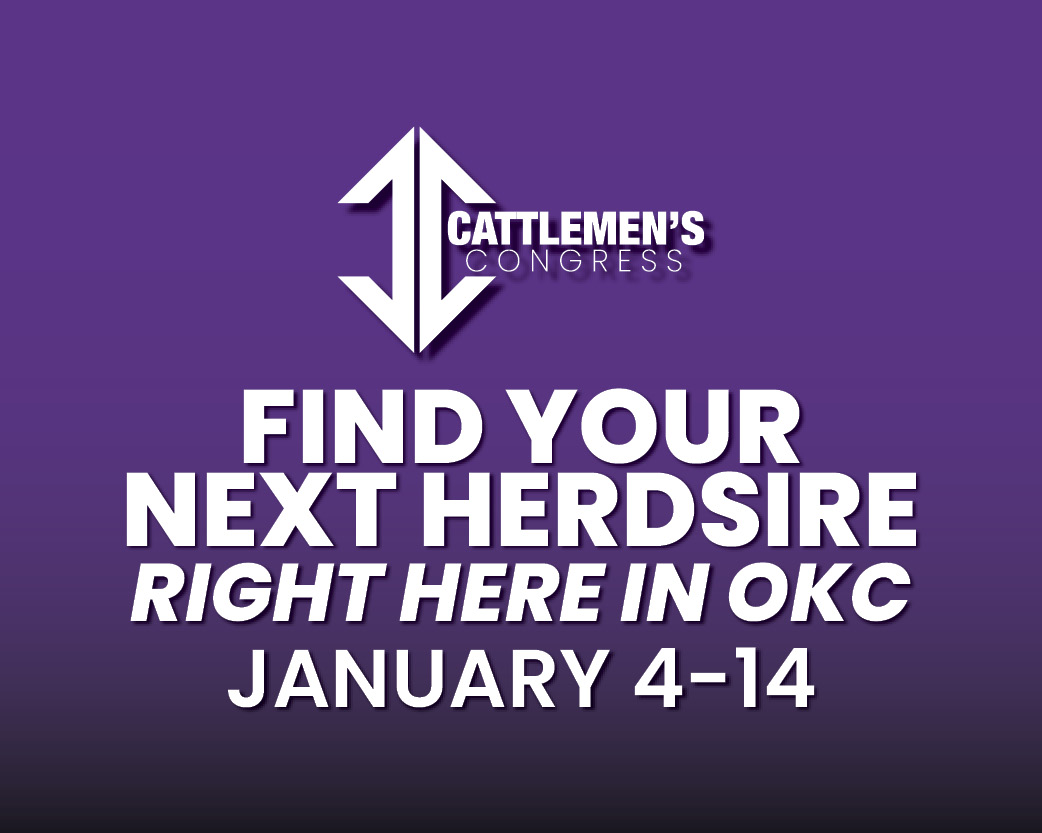
What happened: NPPC argued before the U.S. Supreme Court as part of a broad coalition of mining companies, small businesses, manufacturers, and the U.S. Chamber of Commerce, defending the city of San Francisco in a Clean Water Act (CWA) case that could have major ramifications for livestock and other agricultural interests.
At issue is language in a wastewater discharge permit for San Francisco’s combined sewer system that handles both sewage that they can control (human waste), as well as street waste that flows into the system during and after a rainfall. Traditionally, a permit (in this case, a National Pollutant Discharge Elimination System, or NPDES, permit) would provide clear direction on what can and can’t be “discharged” into a Water of the United States (for example, the San Francisco Bay). While EPA’s permit told San Francisco the specific types and levels of pollutants it could discharge when the system was overwhelmed, it also included impossible to meet language that prohibited the city from impacting “water quality” generally. Of course, any discharge would impact water quality, even within the general limits of the permit, placing San Francisco in a situation where compliance was impossible.
NPPC’s take: NPPC’s brief pointed out the multitude of problems in EPA’s approach and the difficulty it could cause nationwide for farmers and other businesses, who would be unable to comply and be subject to both EPA enforcement as well as “citizen suits” filed by well-funded activist groups and trial lawyers.
NPPC, along with the city of San Francisco, is asking the Supreme Court to reverse the U.S. Court of Appeals for the Ninth Circuit ruling, which upheld EPA’s preposterous and impossible to meet standards.
Why it matters: NPDES permits are the backbone of the CWA’s operation. Hundreds of thousands of businesses obtain these permits and must comply with their onerous reporting requirements. Under the CWA, Congress long ago decided that agricultural stormwater — nutrients applied to a field to fertilize crops that might inadvertently run off after it rains — wouldn’t be subject to permitting because of the importance of growing crops, the difficulty of controlling what runs off a field, and the minimal impact it posed to water quality overall. Nevertheless, activists continue to try to employ creative ways to force livestock producers to obtain a permit — not to protect water quality but to harass farmers though litigation and other attacks.
NPPC has successfully fought, including winning an important 9th Circuit victory earlier this month, to stop these efforts to impose requirements that livestock producers obtain NPDES permits that are otherwise unnecessary. However, if a producer does need to obtain a permit under the CWA or any other statute, the express terms of the permit should not conflict with itself and be impossible for the farmer to comply with. Under the CWA, this could result in legal obligations for producers that carry the risk of significant fines (over $60,000 per day, per violation) and potential criminal charges for their violation.


















